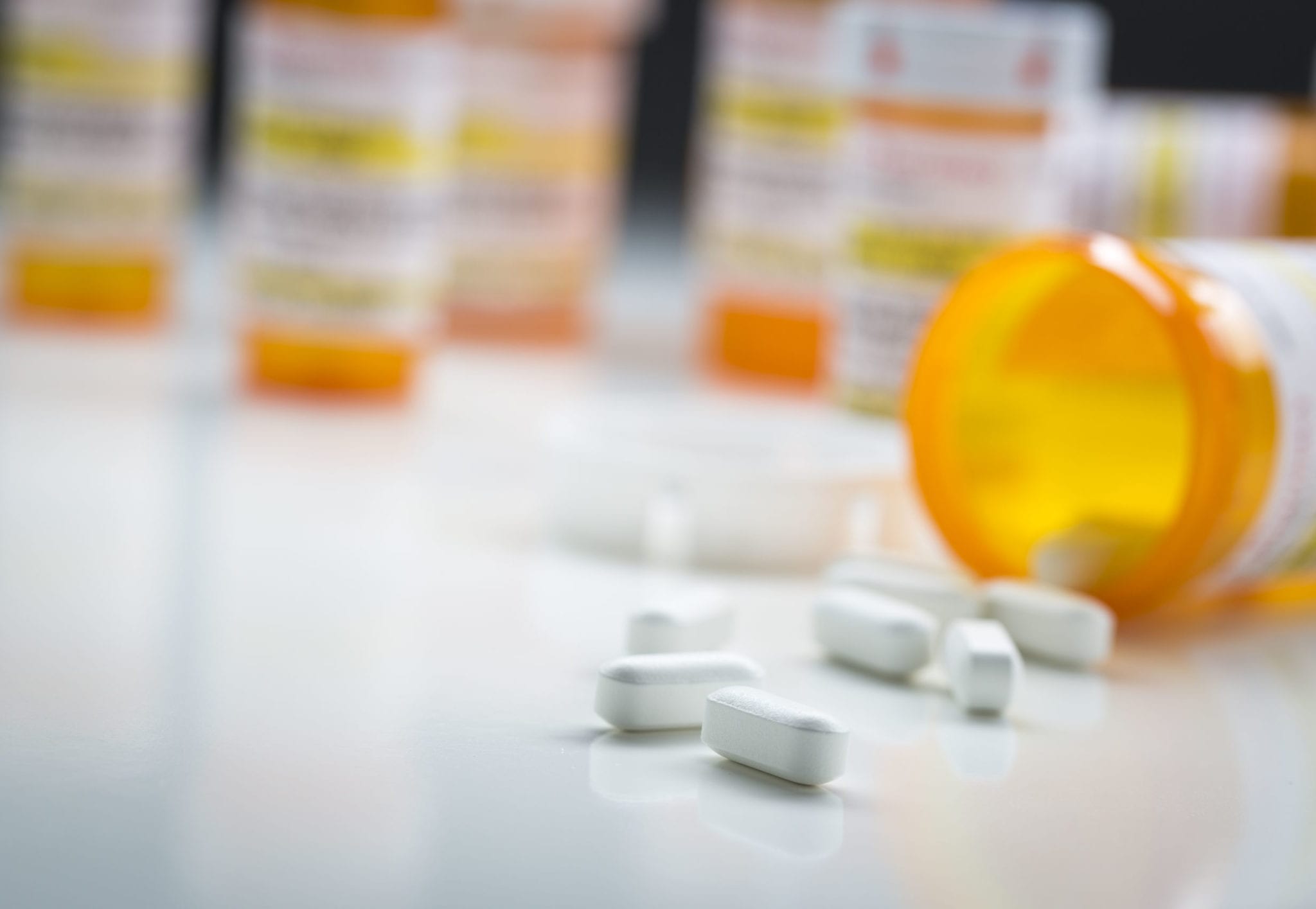
The aging process causes the body to go through a lot of change. One area where those changes are evident, but not really thought about, is a person’s oral health.
Although it is not considered to be a normal part of aging, older adults are the demographic most likely to develop dry mouth conditions. And there are a number of factors contributing to this higher risk.
First, let’s take a closer look at exactly what dry mouth is. Then we’ll think about why we may experience the condition and what we can do to eliminate and prevent it.
What Is Dry Mouth?
Dry mouth, also known as xerostomia, is caused by the lack of saliva production by the salivary glands. This condition causes a dry or parched feeling in the mouth.
Dry mouth is associated with various symptoms. Common symptoms include cracked lips, dry throat, and bad breath.
Although a dry mouth is not a serious condition on its own, it can lead to more serious oral complications down the line.
What Complications Can Result from Dry Mouth?
Since saliva plays a big role in regulating oral health, a lack of saliva production puts individuals at a heightened risk for a variety of more serious conditions.
They include:
- Periodontal Disease
- Mouth sores
- Higher chance of tooth decay and gum disease
- Increased plaque
- Oral candidiasis (yeast infection in the mouth)
- Sores or cracked skin on the corners of the mouth
- Chapped or cracked lips
What Does Age Have to Do with Dry Mouth?
Although experiencing dry mouth is less common in children, they are not immune to developing this condition and adults can sometimes experience it, too. There are some common factors that do put these two age categories at risk.
Factors That Can Contribute to Dry Mouth in Children and Younger Adults
- Excessive loss of bodily fluids (i.e. from diarrhea, extreme heat, etc)
- Breathing through the mouth rather than through the nose
- Some medications that may be prescribed to children for other health conditions
- Medical conditions such as diabetes
However, generally speaking, it is adults who are more likely to develop this issue. They can develop dry mouth for any of the same reasons as children as well as other health conditions.
Some medical conditions that may put adults at increased risk include blood pressure, Parkinson’s disease, Alzheimer’s disease, etc.
So what is it about aging into later adulthood that increases the risks so dramatically?

Why Older Adults Get Dry Mouth Even More Often
Older adults are at a higher risk of developing dry mouth for various reasons. One of the most common reasons is the use of medications. Medications can affect the level of saliva production which can result in dry mouth.
In addition, older adults may also not be able to process certain types of medications as efficiently as younger adults. This can also lead to dry mouth. Inadequate nutrition and long-term health or oral health problems can also lead to increased risk.
Finally, poor oral care habits can also lead to dry mouth. For example, if an individual had poor oral health habits, then as time passed, they would be more susceptible to dry mouth as their overall oral health deteriorates.
How Should You Treat Dry Mouth Conditions?
Common treatments for dry mouth include adjusting medication. Doctors may review current medications being taken by individuals suffering from dry mouth. The doctor may change the amount of medication or the type of medication taken if it is responsible for triggering the condition.
Doctors may also prescribe other sources of treatment, such as artificial saliva or medications that foster increased saliva productions. These medications will counteract the low saliva production present in affected individuals.
That being said, a dry mouth does not always require professional treatment. In many cases, the condition is temporary and easily treated by home remedies.
Decrease Your Intake of Drying Agents
Did you know that consuming alcohol and caffeine as well as using tobacco products can significantly reduce saliva production and lead to dry mouth? Overly salty and sweet foods can have the same effect. Limiting these items could eliminate your dry mouth altogether.
Increase Your Water Intake
Simply sipping a glass of water throughout the day can increase the level of moisture present in the mouth. Sucking on ice can also increase saliva production as well as the level of moisture present in the mouth.
Chew Gum to Promote Saliva Production
Speaking of increasing saliva production, in addition to ice cubes, the simulation of eating that gum chewing provides also does the trick. Sugarless gum is recommended to reduce potential tooth decay.

Dry mouth may only be a minor annoyance, but it can lead to more severe dental issues. As individuals age, they are at increased risk for developing dry mouth and should take extra precautions in preventing and treating dry mouth.
Furthermore, following your regular routine of dental visits and teeth cleanings can remedy this condition and any other oral damage that may have been caused by it.






